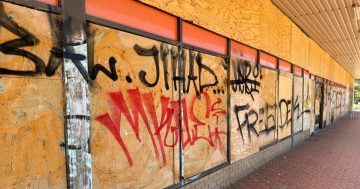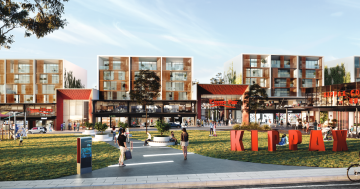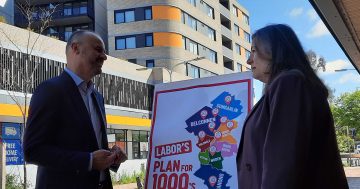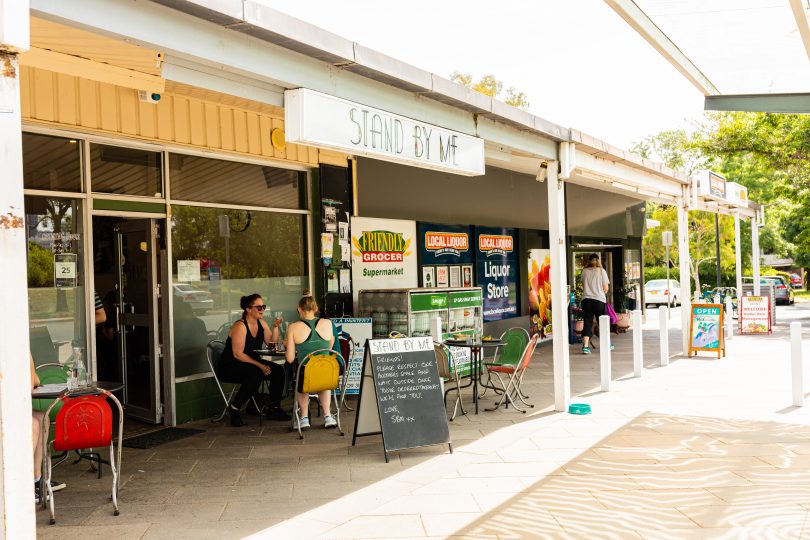
Not all local shops are bustling hubs – some seem to be abandoned – but would a vacancy tax really help? Photo: Daniella Jukic – We Are Found.
From Canberra city’s north to south, suburbs can be found where the local shops simply seem to have been forgotten.
Greens crossbencher Johnathan Davis said the problem is becoming increasingly evident in his electorate of Tuggeranong – much to the frustration of local residents – and he wants something done about it.
He floated the idea of a ‘vacancy tax’ which would be slapped on commercial landlords who leave properties vacant for long periods of time.
“Canberra was designed to ensure each suburb has their own shops, schools and recreation spaces. However, we know of too many instances throughout our suburbs … where commercial property has been left vacant. These vacancies rob communities of their full potential,” Mr Davis said.
In some suburbs there are properties which have been vacant for more than 10 years, Mr Davis claimed.
“We don’t know why property owners are able to keep those properties vacant for so long and we need to get to the bottom of it,” he said.
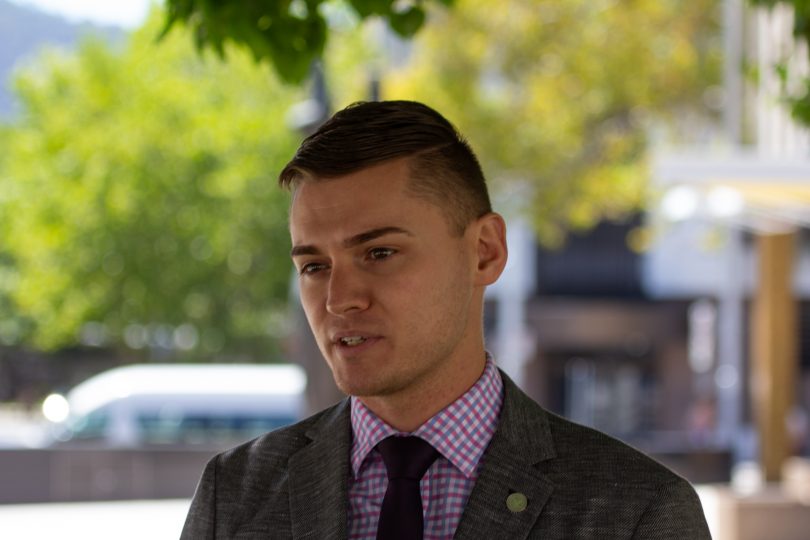
ACT Greens MLA Johnathan Davis floated the idea of a vacancy tax to try to stop owners leaving properties vacant for long periods of time. Photo: Region Media.
Mr Davis raised a motion in the Legislative Assembly last week which called on the government to investigate if this would work to incentivise property owners to get tenants into their properties.
But Civium director Andrew Smith said he already has the response to Mr Davis’ question – even without an inquiry taking place – and it’s a resounding no.
Mr Smith said a potential vacancy tax on commercial property owners who have vacant buildings would not only be a “severe punishment” for them, but it would not help them source new tenants, either.
“The holding costs for commercial property owners are already significant when there are vacancies, without the potential for additional charges,” Mr Smith said.
“Nearly all commercial owners use their properties to generate rental income and are therefore always looking for tenants to occupy their buildings.”
Mr Smith said he had never heard of any commercial property owner leaving a space vacant “deliberately” and thought it more likely that a vacancy tax would only serve to further penalise owners and deter investment in this sector.
“Commercial properties can sit vacant for extended periods due to the normal economic cycles that affect different businesses and this is part of the risk of owning commercial property,” he said.
“It’s not something in the control of owners.”
For example, Mr Smith noted that if a supermarket at a local shop closed it would reduce the traffic at that shopping centre and thereby affect all neighbouring tenants and owners.
“To then tax these owners if their building becomes vacant does not seem reasonable,” he concluded.















